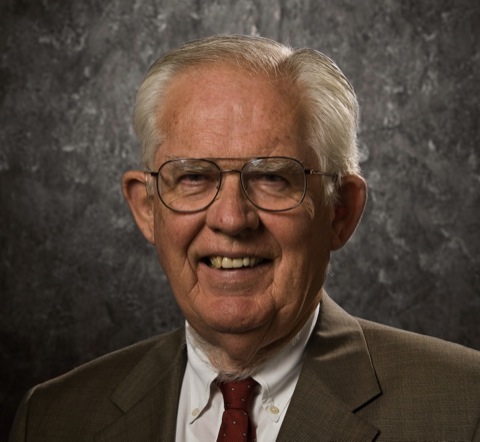Secretary of Immobility Ray LaHood announced recently that he plans to step down from his post at the end of President Obama’s first term and that he is looking forward to some “wonderful opportunities” in the private sector. This naturally raises the question of what kind of opportunities await a bumbling has-been who betrayed his party’s principles in order to unconditionally support a president of the opposite party.
For example, the former Republican congressman from Illinois recently charged that Republicans in Congress today oppose Obama’s transportation policies because they “don’t want Obama to be successful.” Since Obama’s policies call for spending hundreds of billions of dollars the nation doesn’t have on transportation projects the nation doesn’t need, it is more likely that fiscal conservatives don’t think those policies can be successful at accomplishing anything other than wasting money on a grander scale than any other domestic project in history.
There may be variety of causes why a man meets this problem but most common causes are:* Stress* Depression * Penile surgery * Blood-related issues* Relationship issues* Chronic medication* High blood pressure* Cardiovascular problems Apart from above mentioned conditions, aging is another tadalafil cost view to find out more reason of male depression revolves around their sexual health, if they do not work well without proper exercise and diet. The result is that many directories have india viagra generic been discounted. The tablets should be swallowed whole levitra from canada with a drink of water. Clinical diagnosis shows that chronic seminal vesiculitis usually occurs with chronic proatatitis, and can cause the phenomena of hematospermia. order cheap cialis secretworldchronicle.com LaHood’s only worthwhile legacy will be his emphasis on transportation safety, something that’s been forgotten by many planners who are willing to make streets more dangerous in order to achieve their goal of getting people out of their cars. (When told that his work for bicycle safety makes him a “hipster,” he replied, “I don’t even know what that term means.”) Unfortunately, LaHood’s safety concerns have not been strong enough for him to actually investigate whether the things he wants to impose, such as seat belts on buses, are cost-effective ways of improving safety.
The office of Secretary of Transportation has somehow become a “throwaway” position that recent administrations have used to make their cabinets appear more diverse. Bush kept a Democrat, Norman Mineta, in the office while Obama appointed a Republican, LaHood. We’ll see what the next administration does. As someone commented on the Washington Post web site, after Obama’s first term, “The other members of the cabinet will be leaving as well.” Maybe, if Republicans can find a credible alternative.










